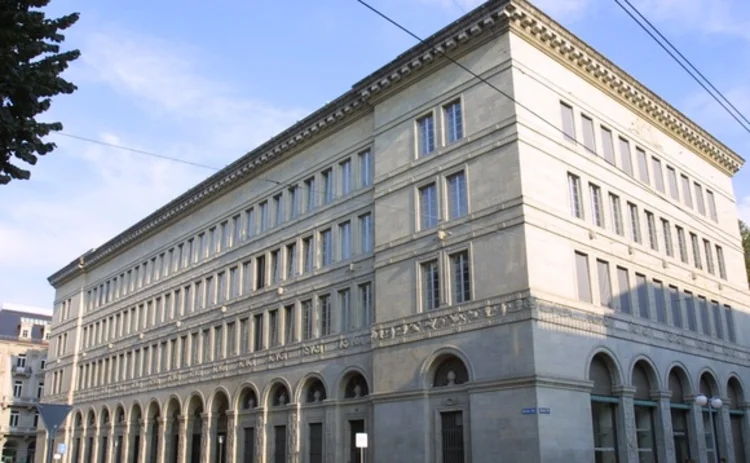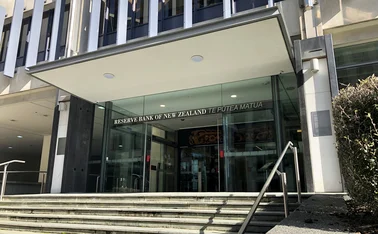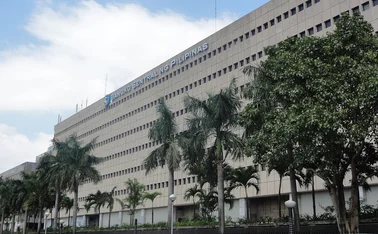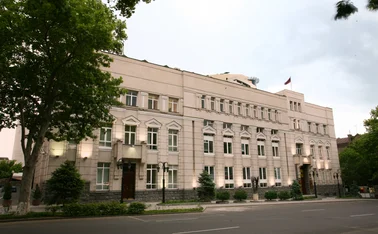
SNB maintains ultra-loose policy despite stronger growth
Central bank is once again grappling with the effects of safe-haven flows into the franc

The Swiss National Bank has decided to maintain its ultra-loose monetary policy and continue making forex interventions largely due to the appreciation of the franc.
The stronger growth recorded by the Swiss economy over the last few quarters has been offset by the deflationary pressures created by a stronger franc. In its monetary policy assessment, the SNB has revised down its inflation forecasts in 2019 and 2020 “as a result of the appreciation”.
According to the September 20 decision, interest rates in Switzerland remain at –0.75% on sight deposits, while the target range for the three-month Libor stays between –1.25% and –0.25%.
With higher volatility in emerging countries such as Turkey and Argentina, investors’ interest in safe assets like the Swiss franc has increased. The franc has risen by 3.35% against the euro in 2018, an undesirable trend for an export-oriented economy like Switzerland.
The SNB continues to forecast 0.9% inflation this year, unchanged from its June policy assessment. However, in 2019, it now forecasts price increases of 0.8%, while its previous forecast was 0.9%. In 2020, it expects 1.2% inflation, down from the 1.6% expected last quarter.
“The Swiss franc is highly valued, and the situation on the foreign exchange market is still fragile,” says the monetary policy assessment.
Over the last decade, the SNB has resorted to forex interventions several times as a way to depreciate the franc against other currencies, mainly the euro.
During the eurozone sovereign-debt crisis of 2010–12, investors abandoned the debt of countries such as Italy, Spain and Portugal and took their funds to Switzerland. In order to offset the appreciation derived from these inflows, the SNB created francs to buy euro and dollar-denominated assets.
Through these interventions, the SNB has built up huge foreign exchange reserves. In July, they stood at Sfr750 billion ($758 billion), according to official data.
But these extraordinary measures coincide with a stronger performance of the local economy. In the second quarter of the year, GDP expanded by 2.9% on an annualised basis.
The SNB expects the economy to grow between 2.5% and 3% of GDP in 2018. “Overall, utilisation of total production capacity has improved further, and unemployment has also continued to decline over recent months,” adds the central bank.
“The SNB is in a tricky situation with some very strong growth indicators, but it also has concerns about the global external environment which could impact the domestic market and franc valuation,” says Charlotte de Montpellier, economist at ING.
The positive growth outlook is likely to continue in the medium term. The SNB thinks the economy will be supported by the expansionary policy still being implemented in advanced economies such as the eurozone, as well as falling unemployment. And so far, the instability suffered by Turkey and Argentina has not harmed the global economic outlook, says the central bank.
Nonetheless, Switzerland’s rate-setters sent a cautious message about the future. “The risks to this positive baseline scenario are more to the downside,” they say. “Chief among them are political uncertainties in some countries, as well as potential international tensions and protectionist tendencies.”
De Montpellier shares the SNB’s outlook. “We believe that such growth levels are no longer to be expected in the months ahead. The problems don’t come from the domestic economy but more from the international context, which has deteriorated sharply in recent months.”
Against this backdrop, a rate increase is still out of the question. The European Central Bank announced in June it will keep its ultra-loose rates “at least through the summer of 2019”. Due to the rate differential and the close links between Switzerland and the eurozone, the SNB will struggle to act before the ECB. The ECB’s deposit rate stands at -0.4%, barely 35 basis points over the SNB’s main rate.
“Given the importance of the value of the franc for the SNB, it’s likely that the Bank will continue its very patient policy in the future,” says de Montpellier. “We don’t expect any hikes before the ECB starts to do the same… We think the SNB won’t hike interest rates before December 2019.”
Only users who have a paid subscription or are part of a corporate subscription are able to print or copy content.
To access these options, along with all other subscription benefits, please contact info@centralbanking.com or view our subscription options here: http://subscriptions.centralbanking.com/subscribe
You are currently unable to print this content. Please contact info@centralbanking.com to find out more.
You are currently unable to copy this content. Please contact info@centralbanking.com to find out more.
Copyright Infopro Digital Limited. All rights reserved.
You may share this content using our article tools. Printing this content is for the sole use of the Authorised User (named subscriber), as outlined in our terms and conditions - https://www.infopro-insight.com/terms-conditions/insight-subscriptions/
If you would like to purchase additional rights please email info@centralbanking.com
Copyright Infopro Digital Limited. All rights reserved.
You may share this content using our article tools. Copying this content is for the sole use of the Authorised User (named subscriber), as outlined in our terms and conditions - https://www.infopro-insight.com/terms-conditions/insight-subscriptions/
If you would like to purchase additional rights please email info@centralbanking.com








